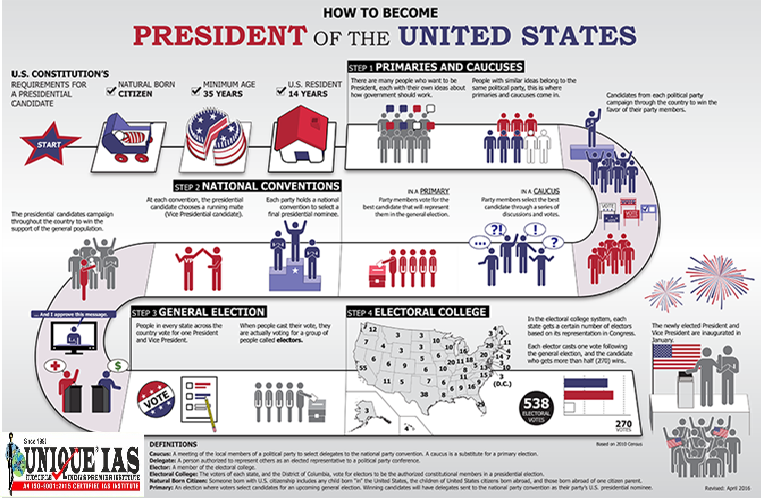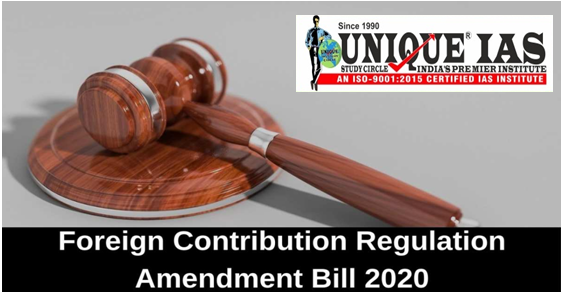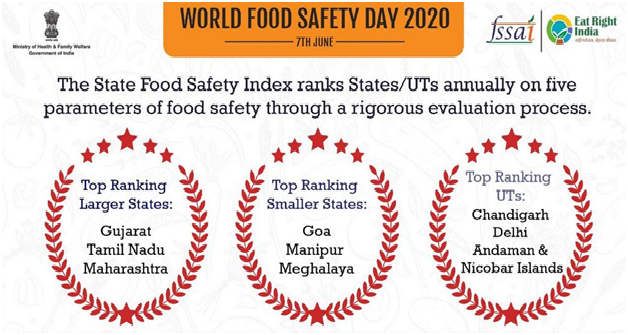Kovind Panel submitted Report on Simultaneous Election
Context
A committee led by former President Ram Nath Kovind submitted a report on the ‘One Nation One Election’ initiative to the President.
Background
Simultaneous Elections (One Nation One Election) refer to the idea of holding Lok Sabha and State legislative assembly elections together, with the aim of reducing the frequency of elections and their associated costs.
Simultaneous elections in India to the Lok Sabha and State Legislative Assemblies were held in the years 1951-52, 1957, 1962 and 1967.
Thereafter, the schedule could not be maintained and the elections to the Lok Sabha and the State legislative assembly have still not been realigned.
Suggestions of the Panel
Opting Step wise Process: According to the panel, simultaneous polls to Lok Sabha and state assembly elections can be held in the 1st step, followed by local body (municipal and panchayat) polls within 100 days in the second step.
In case of hung House: No-confidence motion, fresh elections could be held only for the remaining term of the immediately preceding full term of the House.
Constitution Amendments Needed: The panel has recommended amendments to Article 83 (duration of Houses of Parliament) and Article 172 (duration of State legislatures) of the Constitution.
This constitutional amendment will not need ratification by the States.
Ratification of states: The panel also recommended amendments to Constitution which requires ratification by the States;
Article 324A of the Constitution to allow simultaneous elections in panchayats and municipalities; and
Article 325 to allow the Election Commission of India (ECI), in consultation with State election authorities, to prepare a common electoral roll and voter ID cards.
Arguments In Favour of One Nation One Election
It will reduce the huge expenditure incurred for conducting separate elections every year.
The problem of frequent elections leads to imposition of MCC over prolonged periods of time which affects the normal governance. Simultaneous elections can overcome such issues.
Simultaneous elections will free the crucial manpower which is often deployed for prolonged periods on election duties.
The focus on governance will increase, instead of being constantly in election mode.
Arguments Against One Nation One Election
All states and the central government face massive logistical challenges including coordinating the schedules, resources etc.
It may help the dominant national party or the incumbent at the Centre at the cost of regional parties and regions issues can be overshadowed by the national issues.
Way Ahead
Synchronized polls for all 3 tiers of government will improve governance architecture. It will enhance “transparency, inclusivity, ease and confidence of voters.
The 22nd Law Commission, examining the simultaneous polls issue, is expected to recommend simultaneous polls from the 2029 general election cycle.
------------------------------



.jpg)
.jpg)
.jpg)
.jpg)
.jpg)
.jpg)

.jpg)

.jpg)

